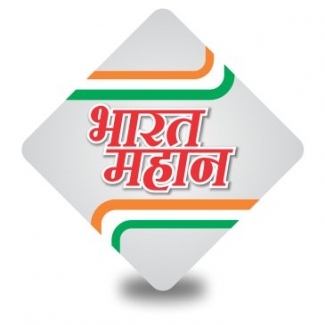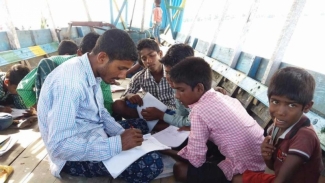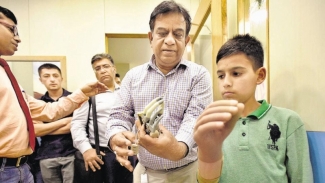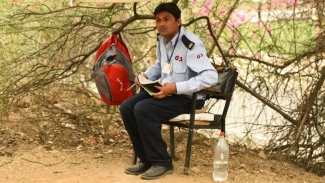
Union Minister for Drinking Water and Sanitation, Uma Bharti, on Monday, launched the GOBAR (Galvanizing Organic Bio-Agro Resources), - DHAN scheme at the National Dairy Research Institute (NDRI) Auditorium, Karnal in the presence of the Chief Minister of Haryana, Manohar Lal Khattar. The scheme aims to positively impact village cleanliness and generate wealth and energy from cattle and organic waste. The scheme also aims at creating new rural livelihood opportunities and enhancing income for farmers and other rural people.
The Swachh Bharat Mission (Gramin) comprises two main components for creating clean villages – creating open defecation free (ODF) villages and managing solid and liquid waste in villages. With over 3.5 lakh villages, 374 districts and 16 States/UTsof the country being declared ODF, the stage is set for ODF-plus activities, including measures to enhance solid and liquid waste management. The GOBAR-DHAN scheme, with its focus on keeping villages clean, increasing the income of rural households, and generation of energy from cattle waste, is an important element of this ODF-plus strategy. The scheme envisages the implementation of 700 bio-gas units in different states of the country in 2018-19.
Speaking on the occasion, Minister Uma Bharti reiterated the Prime Minister’s statement, “Vikas tab hoga jab jan andolan banega” (A peoples’ movement will foster development). She thanked the people of India for making the Swachh Bharat Mission a true jan andolan. She spoke about the importance of Gobar-dhan as a key component of the ODF-plus strategy in the country. She spoke about the potential of converting waste into energy, and called upon people to accept change, follow change and participate in change happening in rural India under the Swachh Bharat Mission today. She mentioned that under GObar-Dhan, cooking gas would be provided to rural habitations and technical support would ensure that the schemes functioned on a sustainable basis.
The guidelines of GOBAR-DHAN scheme were also launched which details of the scheme, implementation arrangements, financing provisions and roles and responsibilities of the Centre, State governments, districts and other stakeholders involved in implementation of the scheme. The IEC strategy for GOBAR-DHAN and successful case studies were also presented and field visits to bio-gas plants were also conducted after the launch. The launch was attended by sarpanches from the project villages, implementing agencies, officers from 14 states and district officers.
Also read - how some rural entrepreneurs are generating power from animal poo - http://bharatmahan.in/positive-news/turning-animal-poo-power-1772











